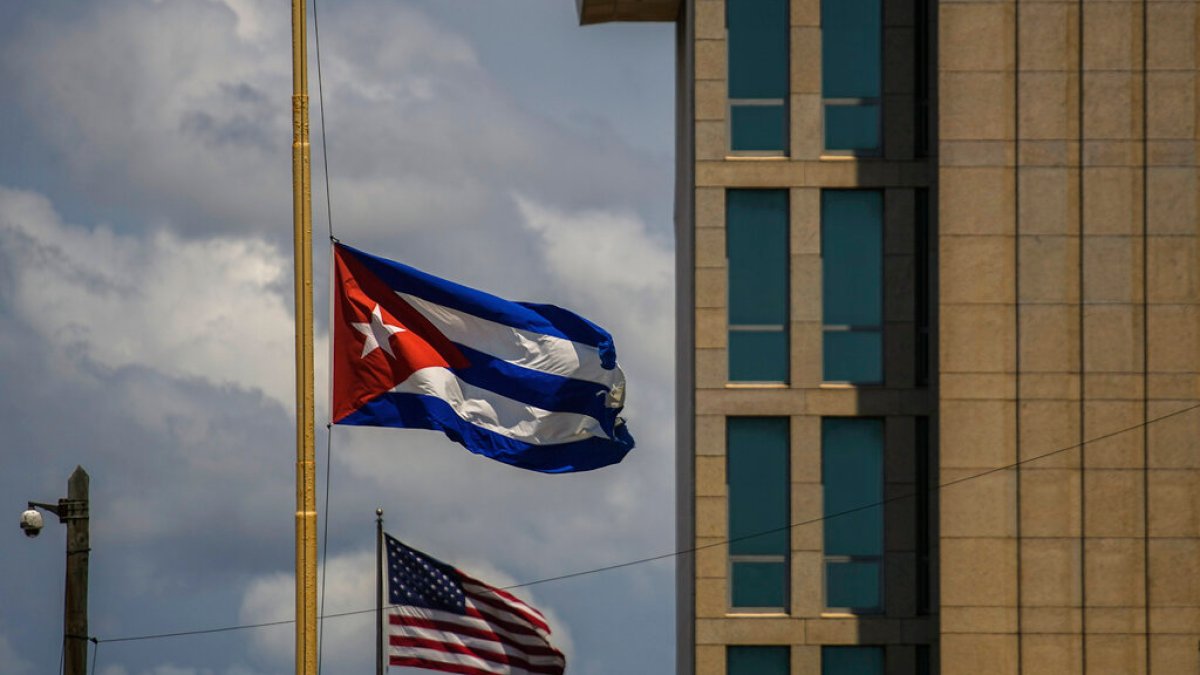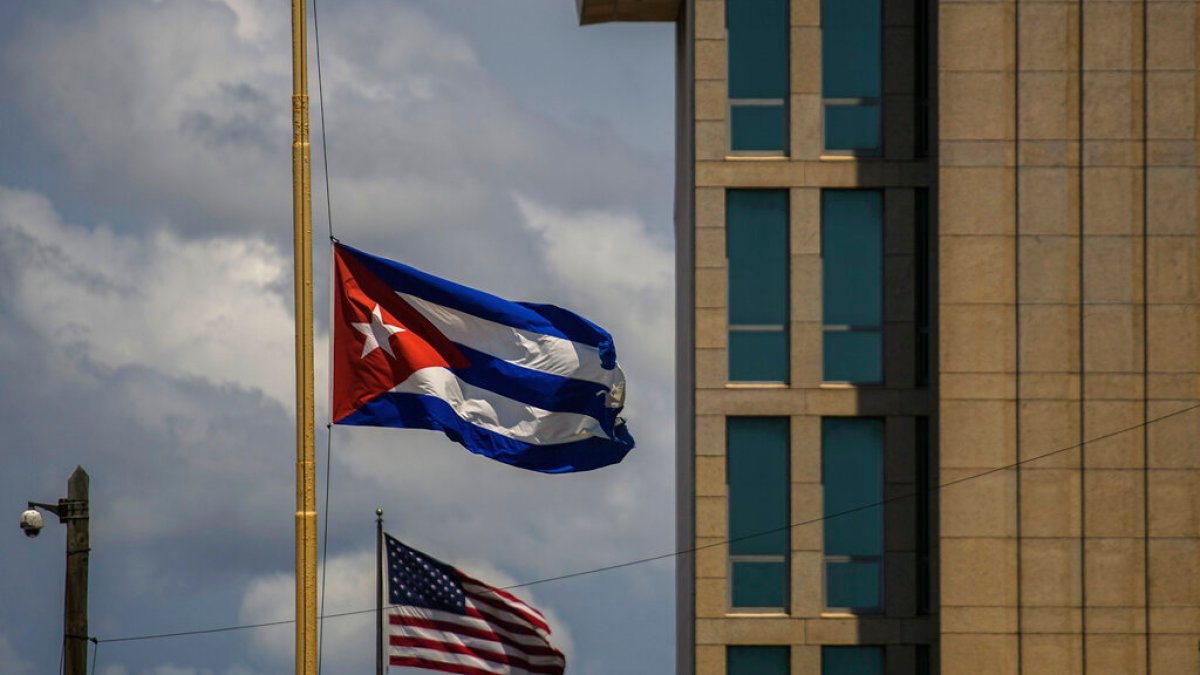
US research agency finds no ‘biological abnormalities’ in US officials reporting incidents, but says symptoms are real.
The National Institutes of Health (NIH) in the United States has found no evidence that government employees reporting symptoms of the “Havana Syndrome” suffer from “biological abnormalities”, including brain injury.
In a statement announcing its study on Monday, the US medical research agency stressed that, despite its findings, the unexplained ailments “are very real”.
First reported in the Cuban capital Havana in 2016, the syndrome results in vertigo, headaches, cognitive dysfunction and ear-ringing. Since then, US foreign service and intelligence personnel have reported enduring such symptoms across the world.
“Using advanced imaging techniques and in-depth clinical assessments, a research team at the National Institutes of Health found no significant evidence of MRI-detectable brain injury, nor differences in most clinical measures compared to controls, among a group of federal employees who experienced anomalous health incidents (AHIs),” the NIH said in a statement on Monday.
The study compared test results and MRI imaging between healthy volunteers and more than 80 US government employees and their relatives who are experiencing “anomalous health incidents”.
“The researchers were unable to identify a consistent set of imaging abnormalities that might differentiate participants with AHIs from controls,” the NIH said.
The administration of US President Joe Biden had vowed to work “tirelessly” to tackle Havana Syndrome.
In November 2021, Secretary of State Antony Blinken appointed two officials to lead the government’s response to the issue, calling it an “urgent priority” for Washington.
Earlier that year, possible “Havana Syndrome” cases at the US embassy in Hanoi led to Vice President Kamala Harris delaying a visit to Vietnam by three hours.
There had been early speculations that the symptoms may be caused by microwaves deliberately targeting US officials abroad.
But several US intelligence agencies concluded last year that it was “very unlikely” that a foreign adversary was responsible for Havana Syndrome. Their findings were released in a report by the National Intelligence Council.
Still, US officials have sought to acknowledge that those reporting symptoms are indeed suffering from ailments.
Carlo Pierpaoli, a lead author on the NIH study, said lack of evidence of difference in neurological imaging between healthy individuals and those experiencing AHIs “does not exclude that an adverse event impacting the brain occurred” in people with Havana Syndrome symptoms.
“It is possible that individuals with an AHI may be experiencing the results of an event that led to their symptoms, but the injury did not produce the long-term neuroimaging changes that are typically observed after severe trauma or stroke,” Pierpaoli said in a statement.
“We hope these results will alleviate concerns about AHI being associated with severe neurodegenerative changes in the brain.”
Read More: World News | Entertainment News | Celeb News
Al Jazeera








